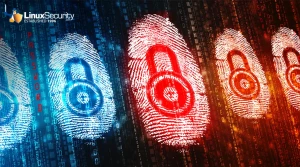In other words, it is becoming more difficult to keep one's past hidden, or even to reinvent oneself in the American tradition. "The net result is going to be a return to the village, where everyone knew everyone else," said David Brin, author of a book called "The Transparent Society" (Perseus, 1998). "The anonymity of urban life will be seen as a temporary and rather weird thing."
Some believe that this loss of anonymity could be dangerous for those who prefer to remain hidden, like victims of domestic violence.
"If you are living in a new town trying to be hidden, it's pretty easy to find you now between Google and online government records," said Cindy Southworth, who develops technology education programs for victims of domestic violence. "Many public entities are putting everything on the Web without thinking through the ramifications of those actions."
Registration required.
The link for this article located at NY Times is no longer available.














